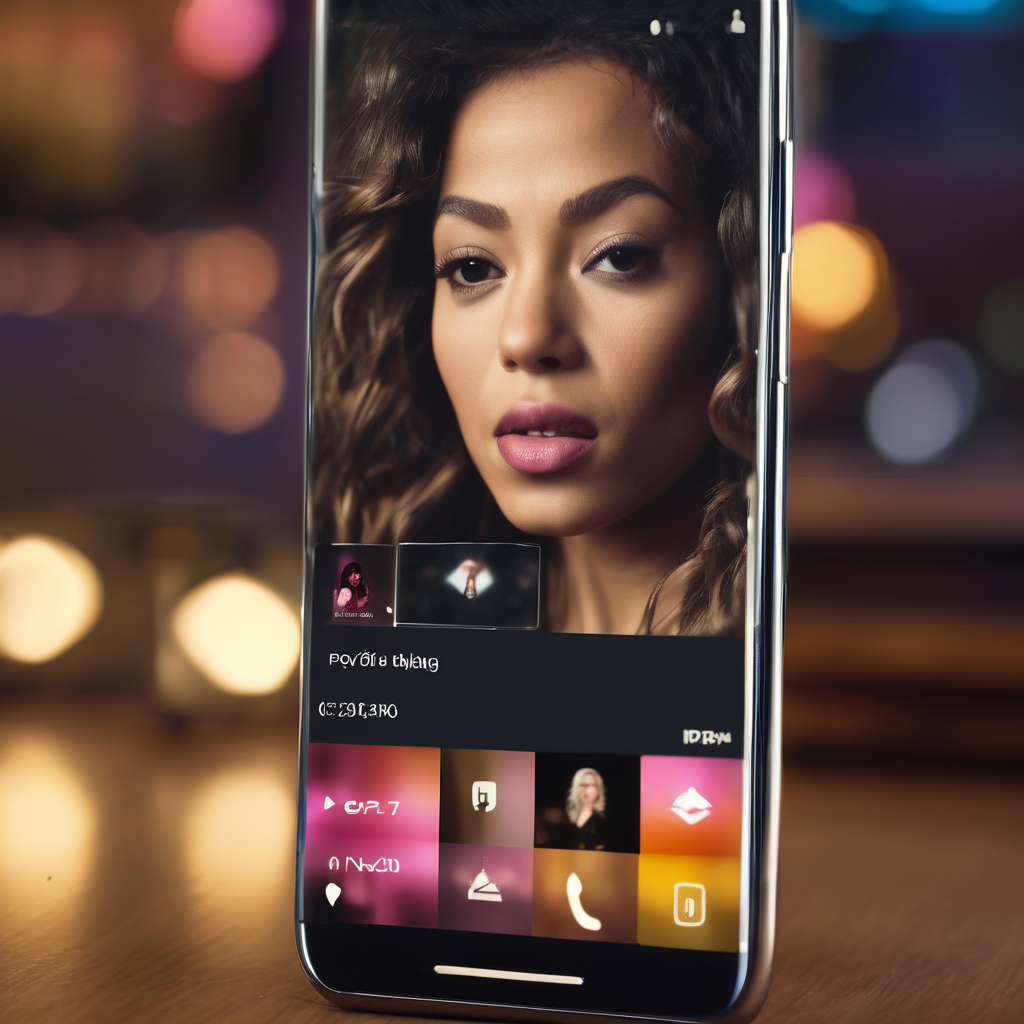Taylor Swift’s The Life of a Showgirl AI Controversy Sparks Fan Backlash

Brief news summary
Taylor Swift’s latest album, The Life of a Showgirl, launched with an elaborate promotional campaign including teaser trailers, events, and talk-show appearances. A controversial aspect featured orange doors in global cities displaying QR codes that linked to travelogue-style videos. Fans known as “Swifties” quickly noticed strange anomalies in these videos—such as a limbless squirrel, mismatched fonts, and odd lighting—leading to speculation they were AI-generated. This sparked backlash given Swift’s outspoken opposition to AI, especially after her likeness was used in a fake 2024 political endorsement video. Critics, including TikTok users, accused the campaign of hypocrisy and pointed out the environmental damage caused by AI’s high energy and water use. Despite rumors, neither Swift’s team nor Google addressed these concerns. Many fans expressed disappointment, feeling the campaign’s AI reliance conflicted with Swift’s commitment to artistic ownership and her history of AI misuse.As with every Taylor Swift album launch, all elements for The Life of a Showgirl were carefully planned and implemented starting last week, from teaser trailers to release-day events and talk-show appearances. Everything went smoothly—except for one issue that has unsettled and angered some Swift fans. Coinciding with the album’s launch, bright orange physical doors appeared in cities worldwide—such as Nashville, London, and Las Vegas—each featuring QR codes linking fans to travelogue-style videos highlighting those locations. However, some Swifties have spotted peculiar inconsistencies in these clips, still available online. Examples include a squirrel briefly missing a limb, varying fonts for the same letters in a notepad, a gym treadmill with a distorted display reading “stop, ” mismatched light and shadow through a window, and dumbbells in a workout room that seem out of place. These anomalies sparked what’s been dubbed the “Life of an AI Theory. ” Since last weekend, a portion of the Internet, including Swift fans, suspects that AI technology was employed in producing some of these promotional videos. TikTok users have highlighted these discrepancies and voiced strong disappointment that Swift might have used AI rather than hiring professional artists—especially given her previous denunciations of AI after a 2024 deepfake video falsely portrayed her endorsing President Trump. Swift herself previously said such videos fueled her concerns about AI and misinformation, particularly during last year’s presidential election. Alyssa Yung, a longtime Swift fan, posted a critique on TikTok. She described the alleged AI use as “utterly hypocritical, ” pointing out Swift’s public stance against AI and its misuse against her, including deepfake pornography and false endorsements. Yung emphasized Swift’s advocacy for owning her art and highlighted that generative AI relies on stolen content.
She lamented that Swift or her team opted for AI rather than engaging professional 3D or CGI artists, especially given the likely substantial budget available. Yung sees this decision as “a disappointing sign of the times. ” Alongside TikTok critiques, the hashtag #SwiftiesAgainstAI has emerged, calling attention to AI’s environmental impact. A recent MIT study found that AI technology demands massive electricity consumption, increasing carbon dioxide emissions and stressing power grids. Furthermore, substantial water is needed to cool AI hardware, potentially straining local water resources and ecosystems. However, it remains unclear who created and posted these videos, which appear to include significant CGI—whether it was Team Taylor, a third party, or perhaps Google. Neither Swift’s representatives nor Google responded to Rolling Stone’s inquiries for clarification. Nevertheless, many observers agree with those spotting the AI signs instead of contesting them. Comments include statements like “It’s 100% AI, ” noting the six-second cuts and mostly static camera angles with simple zooms. Others expressed disappointment that Swift would choose AI despite her ability to hire real motion graphics designers, considering her personal battles over intellectual property. Fans also remarked on the irony given how Swift has trained her audience to scrutinize every detail, wondering how those involved overlooked these detectable anomalies.
Watch video about
Taylor Swift’s The Life of a Showgirl AI Controversy Sparks Fan Backlash
Try our premium solution and start getting clients — at no cost to you

I'm your Content Creator.
Let’s make a post or video and publish it on any social media — ready?
Hot news

AI Bots Reshaping Online Discovery and Brand Visi…
A comprehensive new study by Hostinger has revealed the rising impact of artificial intelligence on the digital landscape, especially in the realm of online content discovery.

AI-Generated Video Content: A New Era in Marketing
In the fast-changing realm of digital marketing, businesses are increasingly leveraging artificial intelligence (AI) to improve their advertising efforts.

Simple AI Raises $14M Seed Round to Scale Voice A…
Key Takeaways Simple AI has raised a $14 million seed round led by First Harmonic, with participation from Y Combinator, Massive Tech Ventures, and True Ventures

OpenAI's 'Stargate' Project: A $400 Billion AI Da…
OpenAI, in partnership with Oracle and SoftBank, has unveiled the ambitious 'Stargate' project, a $400 billion initiative aimed at vastly expanding AI infrastructure.

Amazon's Project Rainier: A $11 Billion AI Data C…
Amazon has launched a major initiative called Project Rainier, centered on building a vast $11 billion AI data center across a 1,200-acre site in Indiana.

G2’s 2026 Report: The State of AI Sales Intellige…
Prospecting has evolved into primarily an attention management challenge rather than a lack of leads.

AI in SEO: Enhancing User Experience and Engageme…
Artificial intelligence (AI) is swiftly reshaping digital marketing, especially in the field of search engine optimization (SEO).
AI Company
Launch your AI-powered team to automate Marketing, Sales & Growth

and get clients on autopilot — from social media and search engines. No ads needed
Begin getting your first leads today








